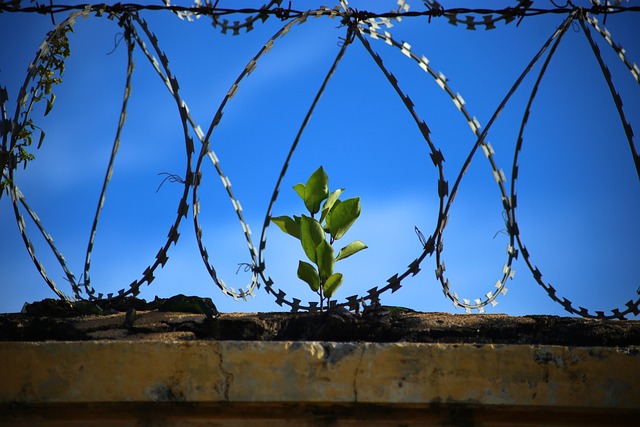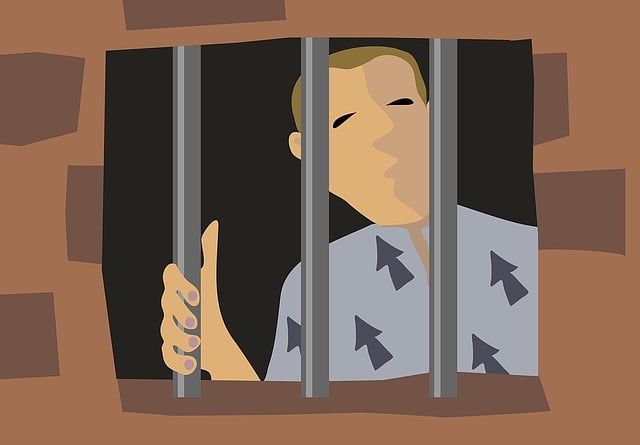Traditional transport systems struggle to meet demands due to disparities between urban, suburban, and rural areas, prompting the exploration of alternative solutions like carpooling, bike-sharing, and electric scooters (ATOs). Technology enables these options to enhance road utilization, reduce traffic congestion, and provide affordable mobility. Cities can close infrastructure gaps by reimagining existing structures like roads, parking lots, and public spaces for better ATO implementation, including bike lanes, pedestrian paths, and car-sharing programs. Leveraging underutilized technologies for smarter traffic management further supports sustainable communities. Identifying gaps in systems is key to embracing innovative ATOs, leading to reduced emissions, improved traffic flow, healthier environments, and more efficient urban living.
In today’s evolving landscape, traditional transport systems face growing pressure to adapt and close loopholes that hinder efficient and sustainable mobility. Uncovering hidden opportunities within existing infrastructure is crucial, as is exploring emerging alternative transportation options gaining traction globally. This article delves into these dual strategies, examining how niche solutions and innovative methods can shape a more dynamic and eco-friendly future for urban travel. Discover successful implementations and the potential for governments and planners to integrate diverse alternative transportation options, revolutionizing communities worldwide.
- Uncovering Loopholes in Traditional Transport Systems
- – Exploring underutilized resources and niche solutions within existing infrastructure.
- – Identifying gaps where alternative options could fill the void.
Uncovering Loopholes in Traditional Transport Systems

In the realm of traditional transport systems, loopholes often manifest as inefficiencies and unmet demands. These gaps can be uncovered through a closer examination of existing infrastructure and usage patterns. For instance, while urban areas heavily rely on congested roads and public transit, suburban and rural regions may lack adequate connectivity. This disparity highlights a critical loophole in the transportation network, prompting the need for alternative solutions.
Alternative Transportation Options (ATOs) like carpooling, bike-sharing programs, and electric scooters offer viable alternatives to conventional methods. By leveraging technology and innovative models, these ATOs can help bridge the gaps left by traditional systems. For example, ride-sharing services enhance road utilization, reduce traffic congestion, and provide affordable mobility options, especially in areas with limited public transit access.
– Exploring underutilized resources and niche solutions within existing infrastructure.

In exploring ways to close gaps and enhance efficiency, it’s crucial to look beyond obvious solutions and delve into underutilized resources within existing infrastructure. Cities, for instance, are often home to a labyrinthine network of roads, parking lots, and public spaces that could be reimagined to accommodate alternative transportation options like bike lanes, pedestrian paths, and car-sharing programs. By integrating these niche solutions, urban areas can reduce traffic congestion, lower emissions, and create more livable environments for residents.
Moreover, examining existing infrastructure through a different lens allows for the discovery of innovative possibilities. For example, unused or underutilized public spaces could be transformed into green corridors or micro-mobility hubs, while under-leveraged technologies can enable smarter traffic management systems. Leveraging these resources not only closes infrastructural gaps but also paves the way for more sustainable and resilient communities, particularly in the context of growing urbanization and environmental concerns.
– Identifying gaps where alternative options could fill the void.

In today’s dynamic world, identifying gaps in our existing systems is just the first step towards progress. When it comes to transportation, for instance, there’s a growing awareness of the need to explore alternative options to bridge the void left by traditional methods. Many urban areas are experiencing congestion and environmental concerns related to heavily relied-upon gasoline-powered vehicles. By evaluating these gaps, we open ourselves up to innovative solutions like Alternative Transportation Options. These could range from electric vehicles, shared mobility services, cycling networks, or even the development of advanced public transport systems.
Recognizing these spaces where alternatives can thrive allows us to foster a more sustainable and efficient future. It encourages cities and communities to re-imagine their transportation landscapes, ultimately leading to reduced emissions, improved traffic flow, and healthier living environments.
By uncovering loopholes in traditional transport systems and exploring underutilized resources, we can unlock a wealth of alternative transportation options. Gaps in infrastructure often present opportunities for innovative solutions, creating more efficient and sustainable mobility. By embracing these niche approaches, we can fill critical voids and move towards a future where diverse transportation methods enhance our daily lives.






